Understanding Anderson Plugs: A Comprehensive Guide
Anderson plugs are highly durable and reliable electrical connectors that have gained popularity in various industries and applications. These connectors are known for their impressive power handling and secure connections, making them a preferred choice in electrical systems. The significance of Anderson plugs lies in their unique design, which allows them to provide a powerful and efficient solution for managing electrical connections.
In today's world, where electrical systems are essential for numerous applications, Anderson plugs have emerged as a go-to solution for effectively transmitting power. They are widely used in industries such as automotive, marine, and solar power, where durability and efficiency are vital factors.
The growing usage of Anderson plugs is indicative of the demand for reliable, high-current electrical connectors that can withstand the rigors of demanding applications. These plugs not only offer a strong connection but also contribute to the safety and longevity of various systems.
With the evolving landscape of electrical connections, Anderson plugs stand out as a vital component, providing a secure and effective means of transmitting power, thus reinforcing their importance in the electrical and electronics industry.
What are Anderson Plugs?
Anderson plugs, also known as Anderson connectors, are heavy-duty electrical connectors that are specifically designed to handle high-power applications. They are made up of sturdy materials such as polycarbonate and brass, ensuring high resilience and longevity. The primary significance of Anderson plugs is their ability to facilitate efficient and secure power distribution.
Due to their robust design and reliable performance, Anderson plugs are a popular choice across various industries. They offer excellent electrical conductivity, can handle high electrical currents, and provide a robust connection without compromising safety. Anderson plugs are engineered to meet the demanding needs of power distribution systems in applications like solar power, automotive, industrial machinery, marine vessels, and more.
Their flexibility and durability make them a preferred choice, especially in situations requiring high current transmission or frequent connections and disconnections. These connectors ensure that electrical connections are managed efficiently, contributing to the reliability and safety of the electrical systems they are employed in.
Advantages and Key Features of Anderson Plugs
-
High Conductivity and Low Resistance Design
Anderson plugs are designed to conduct electricity with low resistance, minimizing power loss and overheating during high-current transmission, resulting in a more efficient and reliable connector.
-
Durable and Weather-Resistant
The Anderson plugs are built to last with high-quality materials like polycarbonate and brass, and can withstand various weather conditions and corrosive environments without compromising their performance.
-
High Current Transfer Capability
Anderson plugs are well-known for their ability to handle high current flow while minimizing power loss, making them essential for various applications that require high-power transmission without compromising efficiency.
-
Easy and Secure Connection
Anderson plugs are renowned for their ease of use, making them a popular choice for various applications. The simple yet secure design enables hassle-free installation or replacement, while ensuring quick and dependable connections. These connectors are widely used in different settings, thanks to their reliable and efficient performance.
Differences from Conventional Plugs
-
Current Transfer Capability
Anderson plugs are designed for high-power devices and high-energy applications. They can transmit higher currents than regular plugs. On the other hand, regular plugs are generally suitable for low-power devices.
-
Connection Method
Anderson plugs use a plug-and-play connection method, which makes it quick and easy to connect and disconnect power. In contrast, regular plugs may require rotation or plugging into an outlet.
-
Appearance and Construction:
Anderson plugs are larger and more robust. They have a specific shape and construction that is designed for high current transfer and extended use. Regular plugs, however, are more compact and lightweight.
It is important to note that Anderson plugs and regular plugs are not directly compatible. Therefore, you should ensure that you match the plugs and sockets correctly when using them to avoid any unnecessary damage or danger.
Common Issues and Troubleshooting
Here are some common issues that you might face with your Anderson plug and their troubleshooting solutions:
-
Loose or Unstable Connection
If you notice unstable current flow or a disconnected connection, it is possible that your Anderson plug is not securely attached. To fix this issue, check the contact between the plug and the socket, and make sure that the plug is fully inserted and that the latches are securely engaged.
-
Oxidation or Corrosion
Over time, the plug's contact points might experience oxidation or corrosion, which can affect the efficiency of current transmission. To resolve this issue, it is recommended to clean the contact points regularly using a specialized plug cleaner or rubbing alcohol.
-
Cable Damage or Breakage
Frequent plugging and unplugging or external impacts can cause damage or breakage to the cables in Anderson plugs. To avoid this, examine the cable for any signs of wear, cuts, or breakage, and replace it if needed.
-
Faulty Latches or Locking Mechanism
If the locking mechanism of the Anderson plug fails, the plug might not securely fix into the socket. To fix this issue, inspect the locking mechanism, and if necessary, replace it with a new one.
-
Overload or Short Circuits
Exceeding the Anderson plug's current rating can cause overload or short circuits. To avoid overloading or connecting unsuitable devices, ensure that your device's current load falls within the plug's capacity.
Application of Anderson Plugs
Anderson plugs are highly reliable and popular connectors that find widespread application in various sectors and industries. They are known for their robust design that can withstand harsh environments. Some of the common sectors where Anderson plugs are used include:
-
Automotive and Off-Road Vehicles
Anderson plugs are frequently used in cars, trucks, and off-road vehicles to connect auxiliary electrical systems and devices. They ensure efficient power distribution, particularly for accessories requiring high current.
-
Marine and Recreational Vehicles
Due to their weather-resistant and durable construction, Anderson plugs are popular in marine settings, including boats and yachts. They provide reliable connections in demanding, moisture-prone environments.
-
Industrial and Renewable Energy
Anderson plugs facilitate efficient power distribution in machinery, power tools, and renewable energy systems in industrial settings. They ensure reliable connections in diverse working environments, both indoors and outdoors.
-
Mobile and Field Operations
Anderson plugs are ideal for mobile operations such as field services, research, or emergency services. They enable quick and secure connections in temporary settings or during field operations.
-
Battery Charging and Electrical Equipment
Anderson plugs are crucial for electrical equipment, providing a secure connection point for batteries, chargers, and various electrical tools.



Conclusion
Anderson plugs are essential electrical connectors that offer a reliable and powerful means of distributing electrical current. They have a sturdy design and superior features that set a new standard for efficient power transmission.
In summary, Anderson plugs have several advantages, including unparalleled conductivity, the ability to withstand harsh conditions, and secure operation. These plugs are an efficient solution for power distribution in various applications such as automotive, marine, and renewable energy setups.
Encouraging the use of Anderson plugs is not just about promoting a product, but also advocating for a secure and dependable electrical connection that ensures uninterrupted power flow. Whether you're on an off-road adventure, marine expedition, or at home as part of a larger power setup, Anderson plugs offer safety, ease of use, and exceptional durability.
With its numerous advantages and benefits, Anderson plugs are undoubtedly valuable. When selecting an electrical connector, reliability is crucial, and Anderson plugs provide a seamless solution that ensures safety and quality in one compact design. We believe in the trust and reliability offered by our product, and we're committed to ensuring that each connection is not only efficient but also durable and safe.
Embrace Anderson plugs for your electrical connection needs and elevate your electrical systems to the next level. These plugs not only add value but also ensure your peace of mind in a connected world.


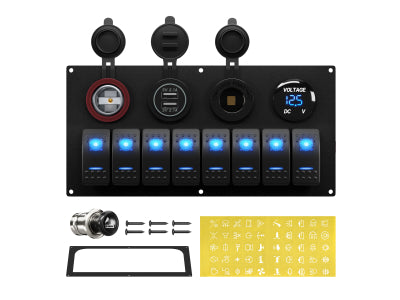
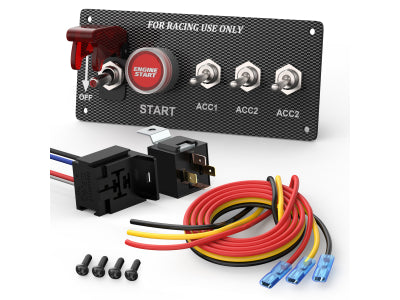
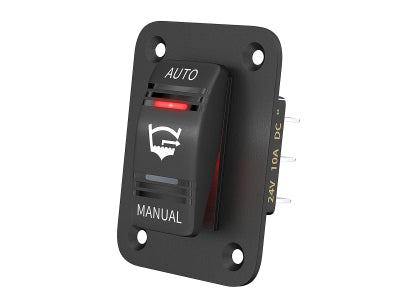

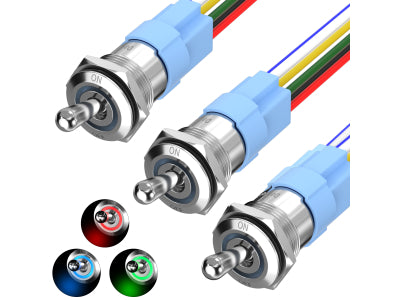
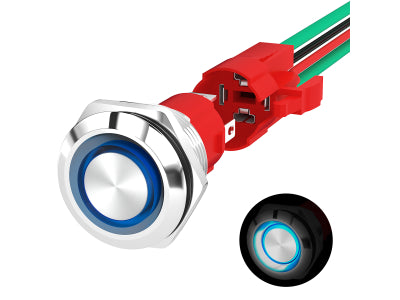
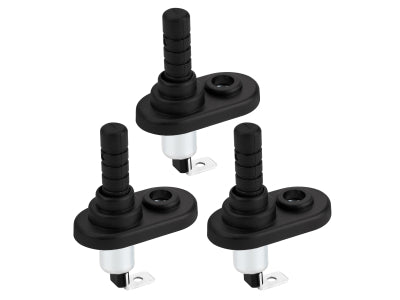

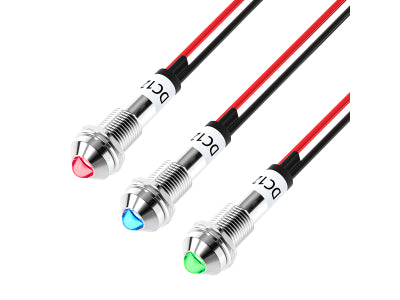
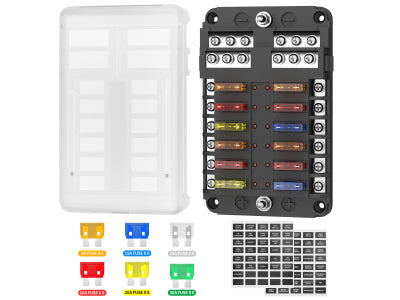
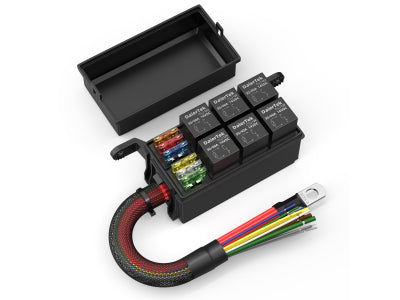
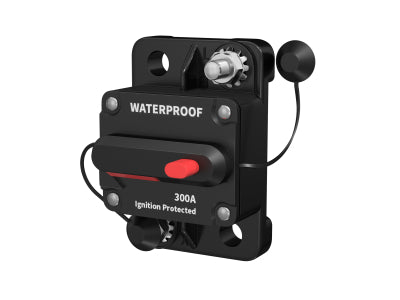
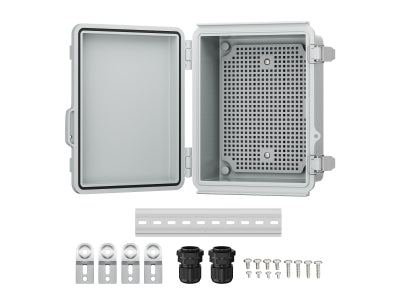
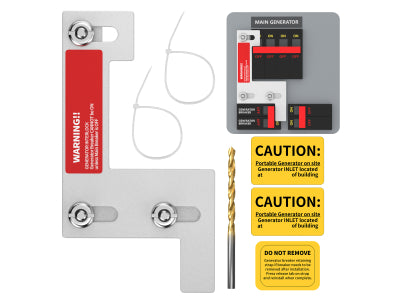
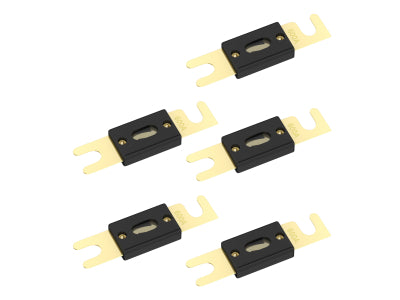
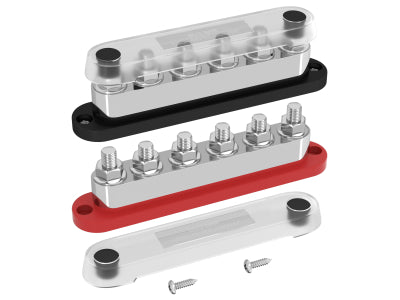
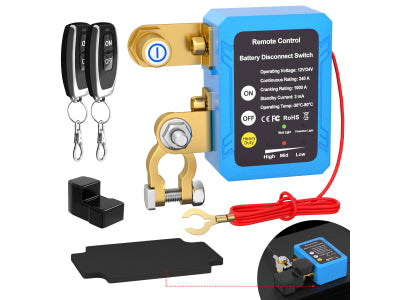
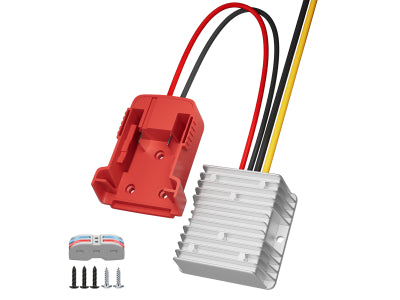
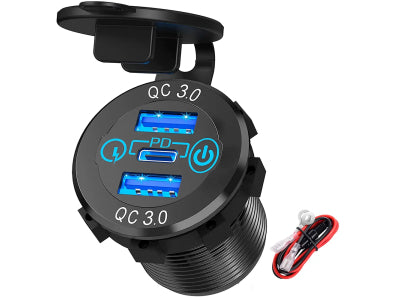
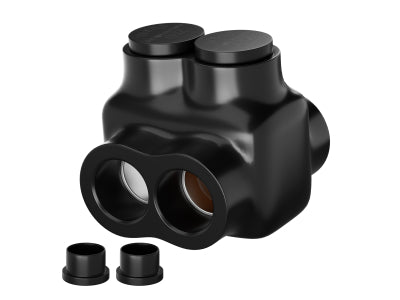
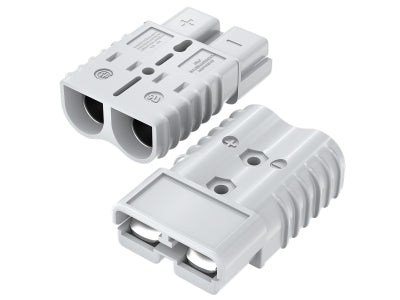
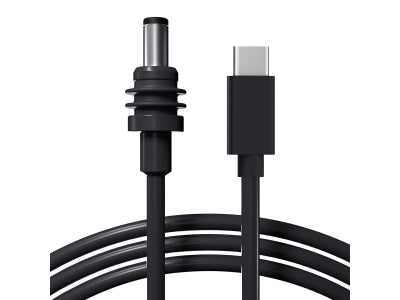
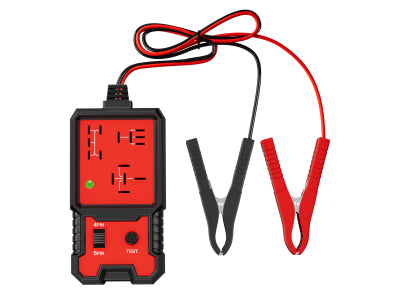
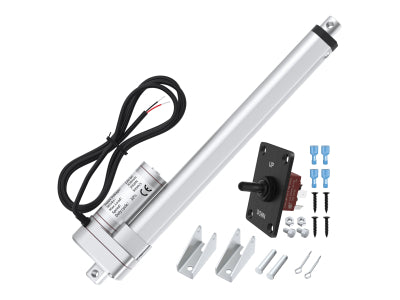
Leave a comment